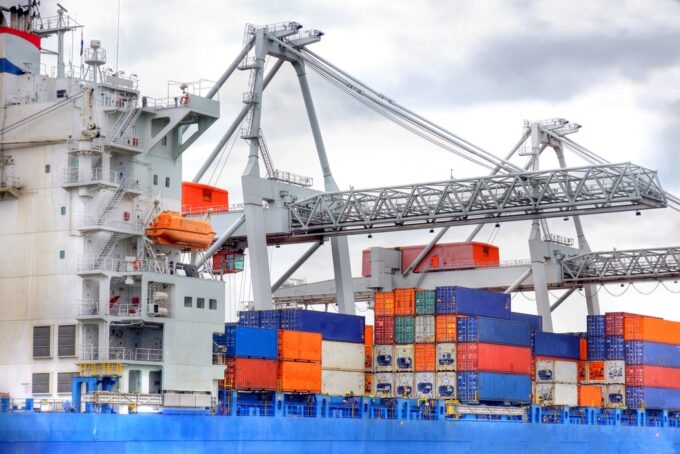Buyers expect raw material supply to be endangered
Companies fear a reduction in the availability of raw materials, accompanied by rising costs. In addition, there are uncertainties due to global political developments and potential trade restrictions. This is shown by the results of the current raw materials study by Inverto, a management consultancy specializing in purchasing and supply chain management and a subsidiary of the Boston Consulting Group.

Every year, the management consultancy Inverto investigates how companies assess the development of commodity prices and the supply situation and what measures they apply to hedge against these risks. Once again, over 90 managing directors, board members and purchasing managers from Germany, Austria and Switzerland were surveyed. The study was conducted for the eighth time in 2017.
Raw material supply facing bottlenecks?
Three quarters of the participants in the current raw materials study expect an increase in the cost of raw materials. In addition, the reduced availability of raw materials is also the main external factor influencing business results this year. Only 10 percent of the participants do not anticipate any current or future problems with the supply of raw materials - in 2016, this figure was still 25 percent. The situation is seen as particularly problematic for traditional industrial raw materials such as metals, plastics and chemicals, which are highly relevant for 81 percent of companies. Uncertainty about the development of raw material prices is also reflected in the way contracts are drawn up. Companies primarily try to secure fixed prices, but the time periods accepted by suppliers continue to become shorter. Purchasing on the spot market is used significantly less compared to the previous year.
Alternative procurement markets to secure demand
The majority of the study participants see a threat to raw material purchasing due to trade restrictions. 56 percent expect bottlenecks in the supply of raw materials and the associated price increases. Only one third purchase raw materials within the EU and therefore do not fear any threat to their own raw material purchases. Above all, 52 percent of the participants expect restrictions from China - where almost 80 percent of the respondents source raw materials. In addition, trade restrictions are expected from Russia (48 percent), the USA (41 percent) and Turkey (34 percent). More than 80 percent of the participants are trying to protect themselves against the risks by relocating or partially relocating to alternative procurement markets. In addition, companies are reacting to protectionism by changing suppliers (58 percent) and examining alternative raw materials (42 percent).
Companies do not exploit the potential of digitalization
The topic of digitalization is increasingly playing a role in raw materials purchasing and management, but the opportunities are not yet being fully exploited. Although 42 percent of the companies surveyed consider the use of business intelligence tools to be sensible, they are only used by one fifth. At the same time, 40 percent of companies have been able to optimize their manufacturing processes in terms of material efficiency thanks to digitalization. On the other hand, more than half still believe that digitalization will have no influence on their own raw material requirements.
Source and further information: www.inverto.com









